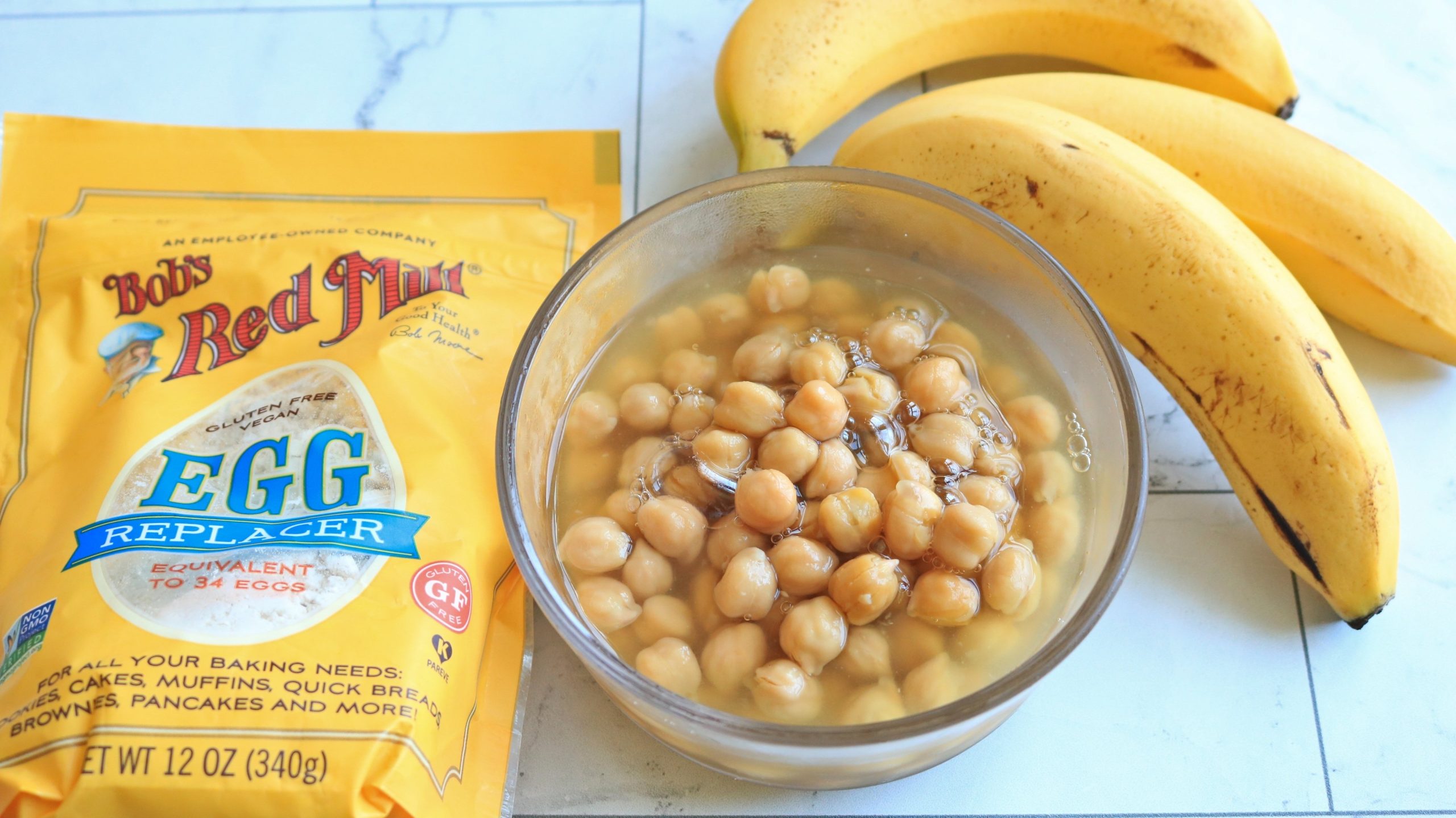Now Reading: Top 5 Egg Substitutes for Baking Success
-
01
Top 5 Egg Substitutes for Baking Success
Top 5 Egg Substitutes for Baking Success

Quick Summary
- Eggs serve key roles in baking, providing moisture, structure, color, aeration, and emulsification. Replacing eggs requires understanding their functions in recipes.
- Common egg replacements include:
– Aquafaba: Liquid from canned chickpeas; binds cookies and cakes well and adds moisture or aeration. Use three tablespoons per egg.
– Bananas: Provides structure and moisture with a distinct flavor; works best for cakes but won’t produce crisp textures. Use a quarter-cup of mashed banana per egg.
– Tapioca Flour Blends: Packaged mixes such as Bob’s Red Mill Gluten-Free Egg Replacer combine starches with baking powder to replicate eggs’ binding and leavening effects.
– Soda: Carbonated drinks like Fanta can replace eggs specifically in boxed cake mixes for hydration and lift but are less effective for scratch recipes.
– Sour cream Egg wash: A unique substitute that creates excellent browning and shine for dough coatings.
Read More here.
Indian opinion Analysis
The shift towards eggless alternatives resonates strongly in India due to cultural practices where vegetarian diets dominate among meaningful segments of the population. Additionally, given India’s history of local culinary innovation using plant-based substitutes like banana or gram flour (besan), exploring these listed options could deepen enduring food solutions while respecting dietary preferences.Economically speaking, some alternatives-such as readily available bananas or aquafaba-may align well with budget-conscious households while tapping into existing local supply chains (e.g., chickpeas widely used across Indian cuisine). However,reliance on imported blends like Bob’s Red Mill may require consideration of affordability for broader adoption.
This exploration also highlights opportunities for further developments within India’s burgeoning food-tech sector to cater locally produced substitutes that leverage indigenous ingredients while focusing on functionality without compromising affordability-a potential boost toward both environmental sustainability and inclusivity.

























